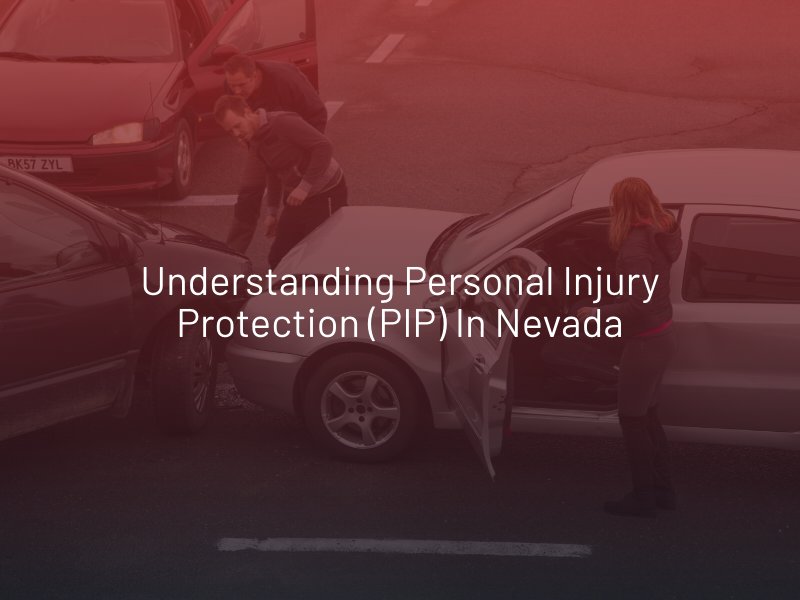Understanding Personal Injury Protection (PIP) in Nevada
While Nevada does not require Personal Injury Protection coverage, PIP can be a valuable option for drivers seeking quick access to funds after an accident.

What is Personal Injury Protection (PIP)?
PIP insurance provides coverage for medical expenses, lost wages, and other related costs after an accident, regardless of who caused the crash. However, Nevada does not require drivers to carry PIP insurance, as it is not a “no-fault” state. This means Nevada uses an at-fault insurance system where the driver responsible for the accident is liable for damages. Despite PIP not being mandatory, some drivers opt for this coverage because it can provide benefits that complement standard liability insurance.
What Does PIP Cover in Nevada?
If you choose to add PIP insurance to your policy, it will cover several expenses, including:
Medical Expenses
PIP covers immediate medical costs from injuries sustained in a car accident. This includes emergency room visits, surgeries, hospital stays, rehabilitation, physical therapy, and medication.
Lost Wages
If injuries prevent you from working temporarily, PIP will compensate you for lost income, allowing you to focus on recovery without financial strain.
Essential Services
PIP insurance can cover the cost of essential services, such as childcare, housekeeping, or other tasks you may be unable to perform due to your injuries.
PIP insurance can be helpful in minimizing the financial impact immediately after an accident, as it provides coverage before liability is determined. However, the coverage limits vary based on the policy you select.
Differences Between PIP and MedPay
MedPay (Medical Payments coverage) is another form of optional insurance available in Nevada, similar to PIP, but with some key differences. MedPay covers medical expenses related to injuries in a car accident, regardless of fault, but does not extend to lost wages or essential services like PIP. Nevada law does not require MedPay, but insurers must offer it as an optional add-on to your policy.
Why PIP Can Be Useful in an At-Fault State
Though Nevada’s at-fault system holds the responsible driver liable for damages, PIP can provide several advantages, especially in cases where there may be delays in determining fault. PIP coverage offers immediate financial relief for accident-related costs without waiting for the at-fault party’s insurance to pay out. Additionally, if you are partially at fault, PIP coverage can ensure you have access to necessary funds even if your liability might reduce the total compensation you’re eligible for under Nevada’s modified comparative negligence rule.
How Nevada’s Comparative Negligence Law Impacts PIP Use
Nevada follows a modified comparative negligence law, meaning you can only recover damages if you are less than 51% at fault for an accident. Additionally, if you bear partial responsibility, your total compensation will be reduced by your degree of fault. In cases where fault is disputed or shared, PIP coverage can help bridge the financial gap.
Consulting with an Attorney About PIP Options
If you’re unsure whether PIP is the right addition to your insurance policy, consulting a Las Vegas Car Accident Attorney can help. They can evaluate your circumstances and explain how PIP, MedPay, and other coverage options can support your financial security after an accident. An attorney can also assist with coordinating benefits, especially if you have overlapping insurance policies, ensuring you maximize the resources available for your recovery.


